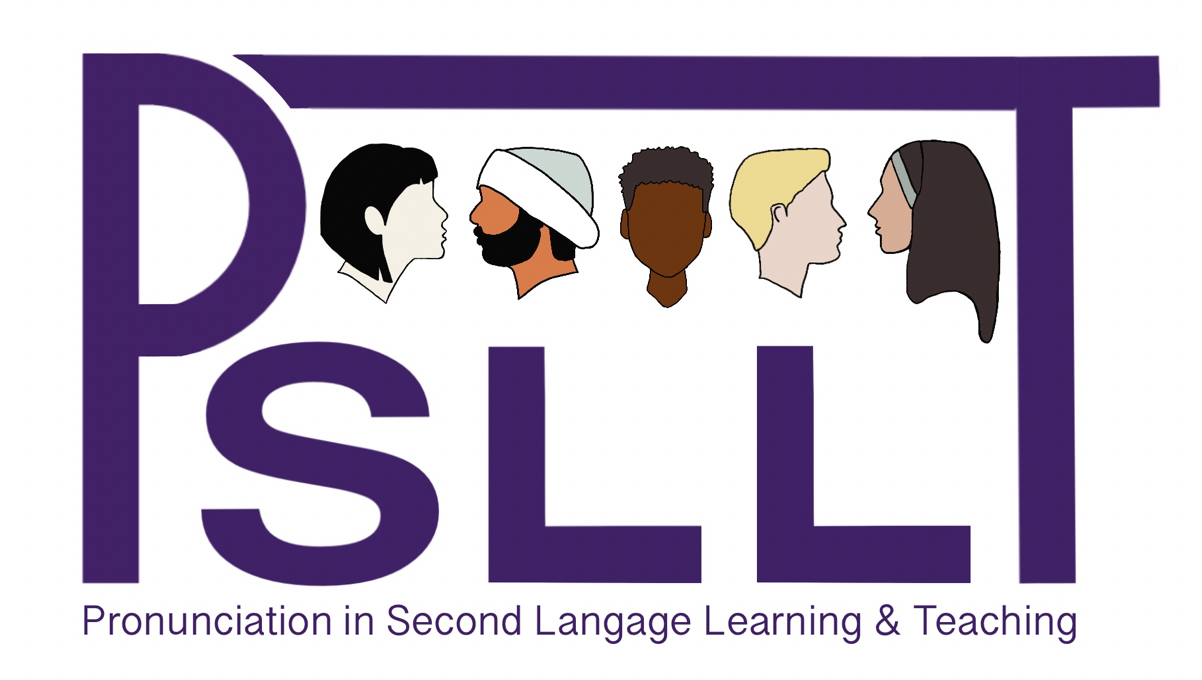Intelligibility: Buzzword or Buzzworthy?
- Murray J. Munro (Simon Fraser University)
Abstract
Intelligibility is a much-touted concept in current research on second-language pronunciation teaching and in discussions of World Englishes. Some recent commentary has even asserted that the term has become a meaningless buzzword. However, interest in this very central aspect of language communication has a long history. Over a century ago, Henry Sweet’s (1900) guide to practical language study made numerous references to it, and throughout the 20th century it has been of interest not only to language teachers, but also to a wide range of researchers and practitioners in the speech and communication sciences. Intelligibility is a fundamental requirement in human interaction, while the costs of unintelligibility range from minor inconvenience to matters of life or death. Although a focus on intelligibility has important repercussions for language teaching, social interaction, identity, and even human rights, defining the concept and determining its underpinnings have posed major challenges for researchers. In fact, many aspects of the notion remain poorly understood. This discussion examines the origins and significance of the construct, and identifies directions for future research on intelligibility that will help to establish the most effective ways of achieving it.
How to Cite:
Munro, M. J., (2010) “Intelligibility: Buzzword or Buzzworthy?”, Pronunciation in Second Language Learning and Teaching Proceedings 2(1).
Downloads:
Download PDF
View PDF
